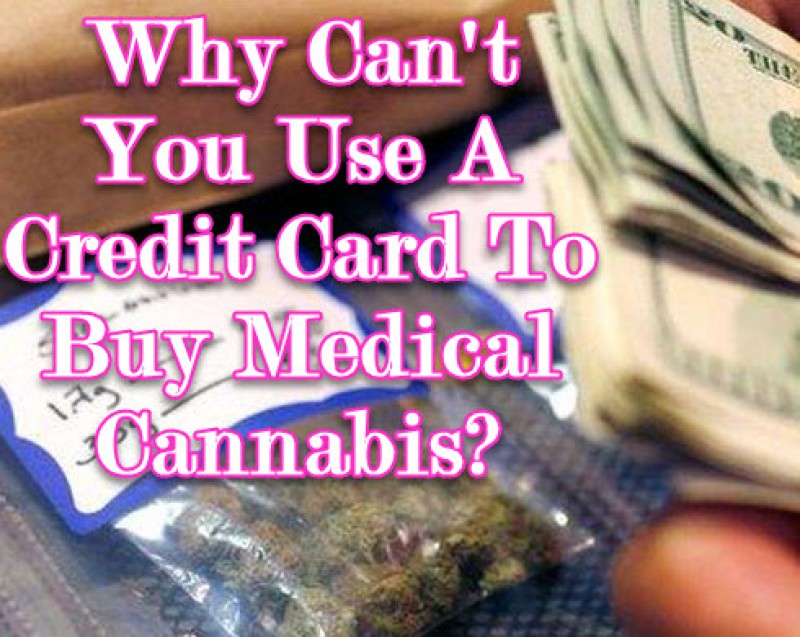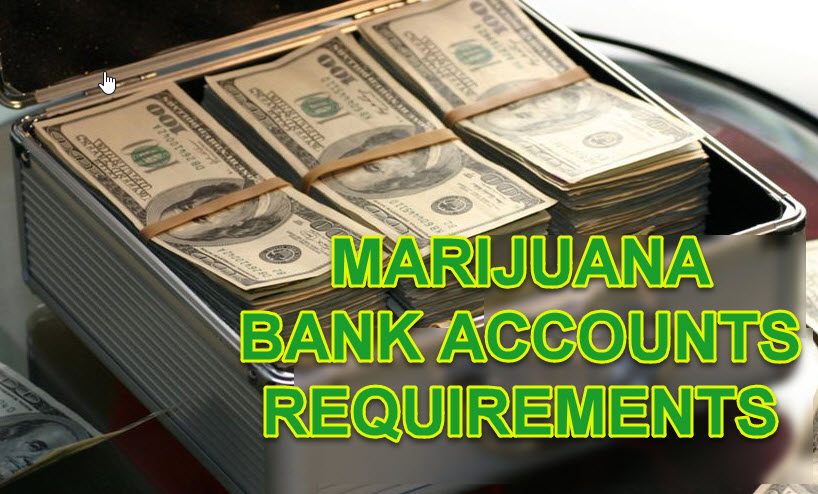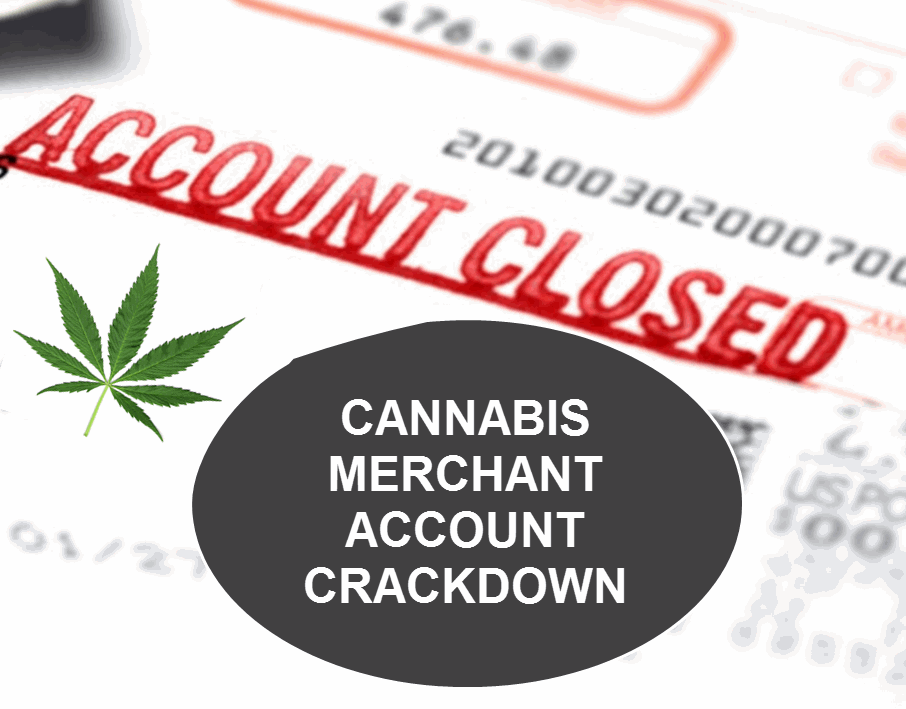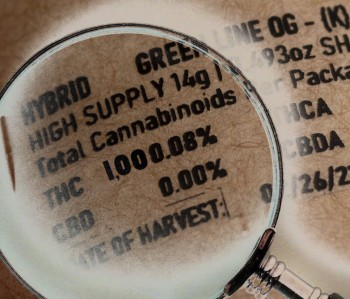Why You Can't Use Your Credit Card to Buy Weed, Yet. from CannabisNet on Vimeo.
Pardon the pun, but marijuana is certainly a growing industry. The movement to legalize marijuana has gained substantial legislative momentum in the last few years, largely fueled by the trends in public opinion on the matter. California was the first state to legalize medical marijuana back in 1996, and since then roughly half the other states have voted to follow suit, allowing both the sale and taxation of medical cannabis. Some of these states, notably Colorado, Oregon, Alaska, and Washington, completely legalized their use of recreational marijuana, with no doctor's note necessary. Of these states, Colorado was the first of the bunch to set up a fully legalized recreational marijuana industry. Marijuana sales were nearly a third of a billion dollars, bringing the state nearly $60 million in fresh tax revenue, helping make the state coffers higher than ever.
Regardless of whether you live in a state permitting medical marijuana or one with legalized recreational use, you have likely noticed that many dispensaries only do their transactions in cash, or hard currency. You personally might think that having too much hard currency or cash lying around is a great problem to have, but it's actually a problem for such businesses. Also, if you're not used to carrying that much cash, you might find it tremendously inconvenient to pay for your marijuana in cash. Much of society has moved on to electronic debit and credit cards, as consumers using plastic have easy access to their bank accounts and can do business in far more secure methods. While someone might rob you of your credit card just as easily as they do your cash, you can't phone your bank and have your cash canceled. You can always freeze a credit card and wait for a replacement.
The reliance of the marijuana industry on cash for all or most of its transactions is risky for both merchants and customers. Clients traveling to a merchant location are often carrying rather large amounts of cash on them, meaning they become obvious targets for thieves. Shop owners also wind up being easy marks, and so quite a few dispensaries have to invest in anti-theft measures like bank-grade safes and premium security systems. These circumstances are cumbersome and drive up overhead. The fact that a marijuana business must rely on cash for all payments, including what it pays to the state, employees, and suppliers, even reinforces misconceptions that dispensaries aren't legitimate business operations.
In spite of all these problems for customers and businesses alike in the marijuana sector, a reliable electronic solution has yet to be devised by the payment processing industry. That brings about the central question, which is why can weed be regulated, taxed, and sold in half the country, but most consumers can't buy cannabis with a credit card, even when medical cannabis is legal where they live? There are a few reasons behind this, but there is one that proves the biggest sticking point. That would be the federal government, which still considers marijuana to be illegal to grow, sell, or use. Prosecution and enforcement of the laws seriously softened under the Obama administration, and even Congress has shown willingness to back off the issue in most cases. However, marijuana does technically remain illegal at the federal level. Also, at the time of writing, it was not known what practical policy steps the Trump administration might take on this matter.

In a somewhat surprising move, two major card networks have softened their own policies as they've seen the government do so at the federal level. Visa was quoted by the Wall Street Journal in 2014 as saying it would make sure that its overall network would stay in compliance with federal laws but recognized that the government had an evolving position with varying standards state by state. It would leave it up to local merchants to decide legality matters in many instances. MasterCard did things in quite a similar fashion. At the time, it was widely accepted that each network would let acquiring banks have the freedom to make their own call about whether or not marijuana merchants are legal or not.
There do remain other barriers. The federal government has shown no indication that it's going to reschedule cannabis. As a Schedule 1 substance, it's illegal to possess, manufacture, dispense, or distribute. It's likely to remain illegal on the national level for some time to come. Also, as opposed to what MasterCard and Visa did, American Express is very resistant to its network being used for marijuana merchant accounts. Large banks are also very reluctant to come up with digital payment solutions that the marijuana industry could put to good use. The grey area regarding the legality of medical cannabis at the federal level simply gives banks pause, as they're unwilling to give themselves any exposure to financial repercussions or legal consequences for what authorities might deem as illegal transactions done on their networks.
From a purely financial point of view, banks have traditionally been cautious about processing payments from industries known to be volatile. The very nature of credit has much to do with this. If a customer pays for something with a credit or debit card, that payment doesn't get transferred straight from the customer's checking account and into the checking account of the merchant. Rather, the actual money getting paid towards the merchant is fronted through an acquiring bank which collects the same amount from the issuing bank of the customer, who is actually who it takes it out of the account of the customer. This process is not instantaneous, as it often takes a day or two after a card is swiped before actual money sees its official transfer.
This delay in transaction details is largely why credit cards aren't possible for medical marijuana dispensaries. Numerous things can disrupt payments between the card swipe and the transaction being settled. Any industry faces this risk, but for a newly legalized product that is still facing robust competition from the black market, it's even more so.
Adult products, offshore gambling, and nutraceuticals are among other seriously high-risk sectors that have faced similar issues early on. Advocates for marijuana have worked tirelessly for decades to even get cannabis legal for medicinal purposes. Finding the best payment gateway for cbd oil is going to take some time too.
OTHER STORIES YOU MAY ENJOY...
HOW DO YOU GET A MARIJUANA BANK ACCOUNT OPEN, CLICK HERE.
OR...
CANNABIS MERCHANT ACCOUNT CRACKDOWN, CLICK HERE.
OR...
CANNABIS CREDIT CARDS FEES ARE IN TROUBLE, CLICK HERE.










